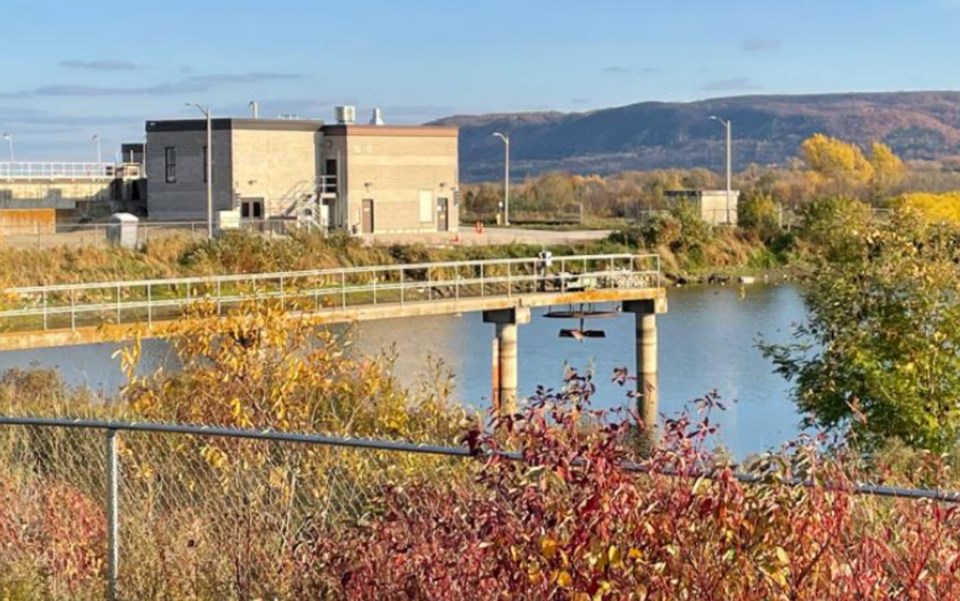The Blue Mountains council has approved a new water and sewage services allocation policy for the town, changing the way developments are approved based on the capacity of water and sewage services available.
Council unanimously approved the new policy at its committee of the whole meeting on Sept. 17. Town staff will now bring forward bylaws to implement the policy, which will take effect at the start of 2025.
Under the current proposed framework developments will be evaluated based on the following categories:
- Land efficiency and feasibility – closeness to existing servicing infrastructure, mixed-use development, conformity to official plan density targets and whether the land is in the settlement area or secondary plan area.
- Overall sustainability – integration of water, wastewater, and/or stormwater efficiency and flow reduction, energy conservation, green building techniques, surrounding environment conservation like tree canopy enhancement.
- Economic benefits (for non-residential development) – job creation, meeting the goals of the economic development strategy, and contributing to high-growth industries.
- Housing/Affordability (residential development) – includes affordable and/or rental housing, includes specialty housing such as for seniors, community living, and/or special needs, and includes a mix of housing types.
- Community considerations – uses aspects of the town's community design guidelines, improves the state of infrastructure like road connections and transit stations, includes community facilities such as parks, recreation amenities, transit, hospitals, long-term-care, employment.
Town staff have worked on the creation of an allocation policy for close to a year. The capacity of the town’s current water and sewage systems are stretched as the municipality continues to grow and see new development. Some developments in Thornbury are on hold because of limited remaining capacity.
The new policy will guide how proposed developments are awarded capacity in the water and sewage system. The policy will replace the town’s current “first-come, first-served” method of handing out allocations.
The policy includes evaluation criteria that staff will use to hand out allocations to future developments. Council had delayed approval of the new policy in August to allow more time for consultations between the town and the development industry.
The policy will come to council’s next meeting on Sept. 30 for formal approval.
At the Sept. 17 meeting, Ken Hale of the Georgian Triangle Development Institute, made a presentation to council and once again requested deferral of the new policy.
“This policy is groundbreaking. It is crucial we implement this policy correctly,” said Hale.
In response to Hale’s presentation, members of council said they felt town staff had done a good job addressing the concerns raised by the development industry.
“What questions are unanswered? When is enough going to be enough?” said Coun. June Porter.
Coun. Paula Hope also pointed out that allocation policies are common across the province.
“It’s not such a shock that this is going on,” she said.
Both Collingwood, and now Grey Highlands, have similar allocation policies for assigning water and wastewater capacity to development applications.
Porter asked staff how the policy would be monitored going forward. She pointed out that developments proposing affordable, attainable or rental housing would be given extra points in the evaluation process and wanted to know how the town would ensure what was promised actually happened.
“If you get points for something, you better deliver,” said Porter.
Adam Smith, the town’s director of planning and development services, said monitoring was “something to be contemplated.”
Smith said as the town moves into the implementation phase for the new policy, they could look at methods to monitor how the policy is functioning. He also noted that the new policy will be reviewed within two years of its implementation.
